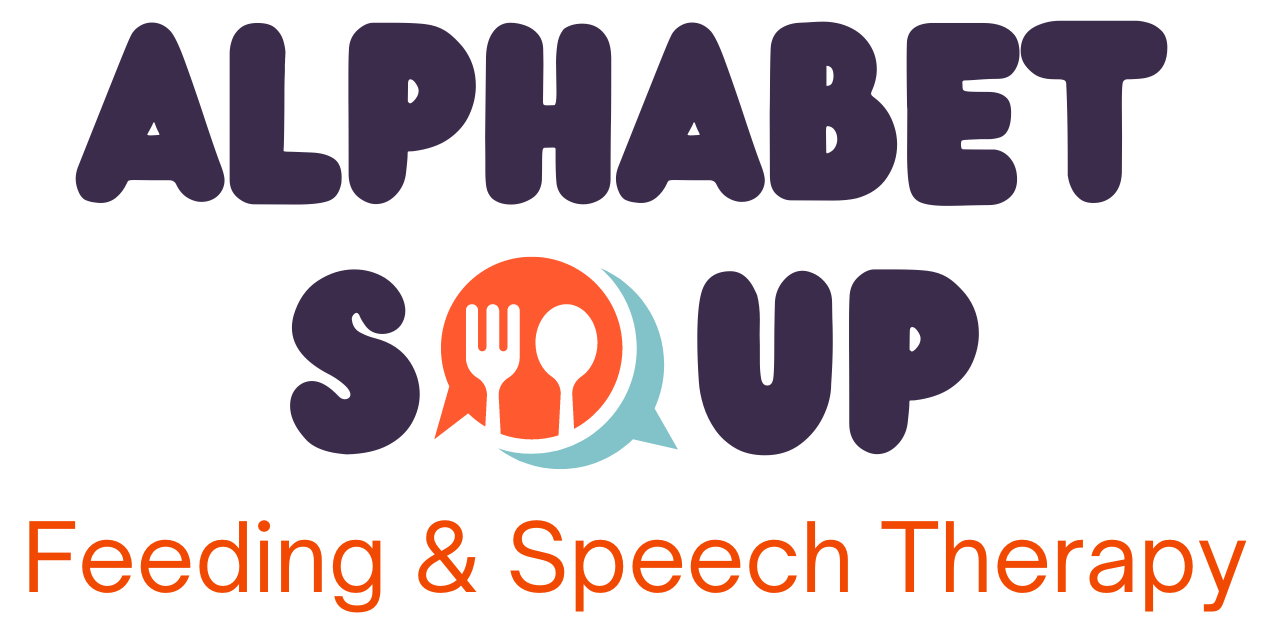
Who is concerned about orofacial myofunctional disorders (OMDs) & why?
DENTISTS are concerned about preventing behaviors that can lead to dental concerns. If an orofacial myofunctional disorder is identified and eliminated early, normal growth processes of the teeth and jaws can proceed.
SPEECH PATHOLOGISTS become concerned if a child in speech therapy has an OMD in conjunction with their speech or feeding disorder. Transitions from sounds in isolation to conversational speech may be compromised. Likewise, children with OMDs may experience challenges to their ability to chew and swallow solid foods.
ORTHODONTISTS focus on how teeth fit together, or in occlusion. Abnormal postures and functions of the tongue and lips (OMDs) can lead to a malocclusion and, if not corrected, contribute to orthodontic relapse following orthodontics.
ORAL SURGEONS share similar concerns with orthodontists about OMDs, including tongue-tie. Following any surgical procedure in the oral cavity, the oral environment needs to remain stabilized, and any postural or functional problems need to be corrected.
PEDIATRICIANS become concerned if a sucking habit continues after the age of 6 because the shape of the mouth can be negatively affected.
